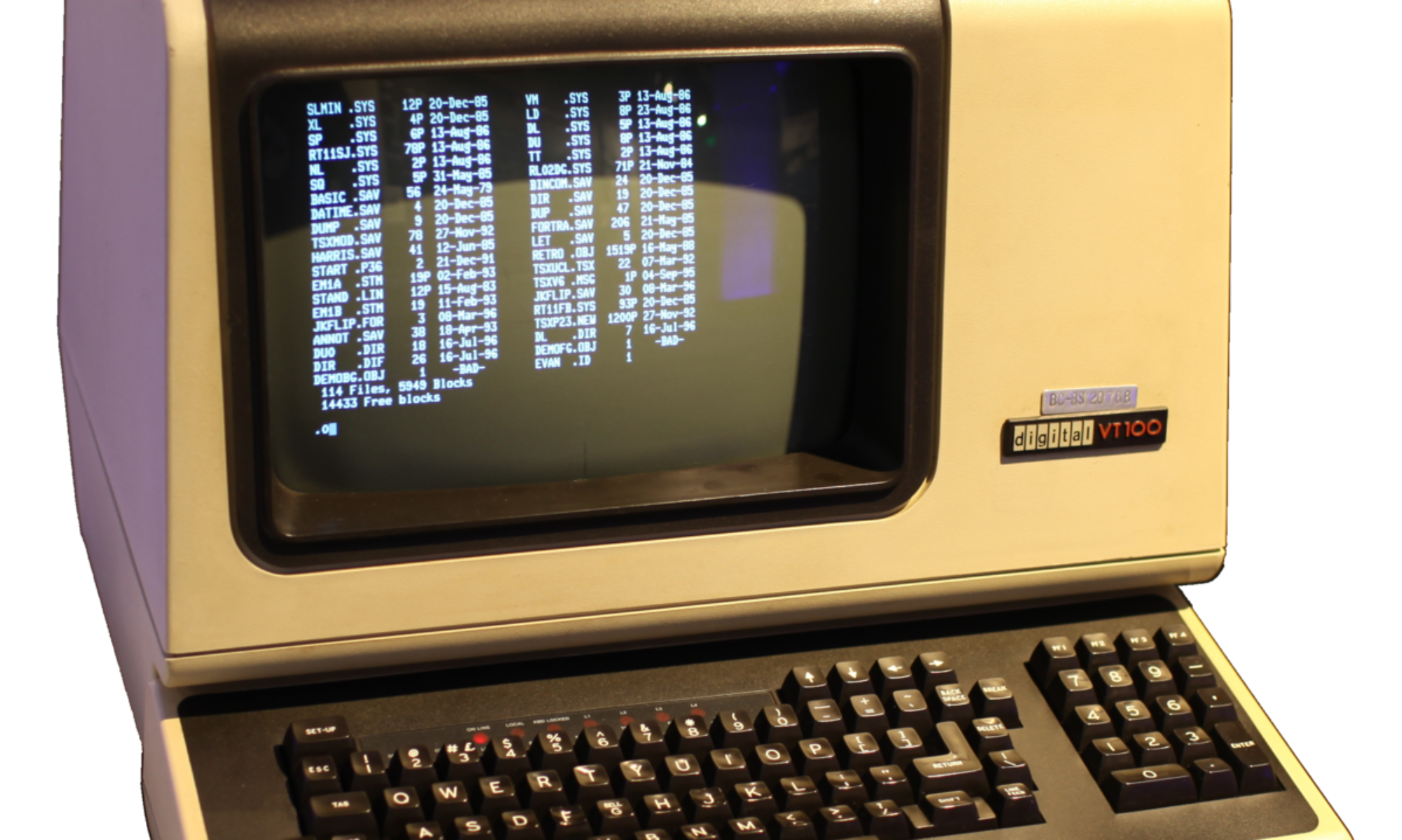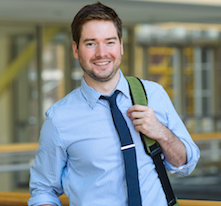 Education: MA, Creighton University, 2012. BA, University of Nevada, Las Vegas, 2010
Education: MA, Creighton University, 2012. BA, University of Nevada, Las Vegas, 2010
Biography: Eric C. Loy is a third-year PhD student in the Department of English and a 2014-2016 Andrew W. Mellon Fellow in Digital Humanities.
Motivated by questions of narrative, textuality, and the archive, Eric is currently preparing for field exams, pursing a line of inquiry converging on the digital humanities, scholarly editing, and modern and contemporary American literature.
Current publications include a study of Edenic motif and narrative in Cormac McCarthy’s Child of God (Cormac McCarthy Journal, Vol. 12), and co-written progress report on prototyping an experimental electronic edition of William Blake’s The Four Zoas manuscript.
Eric has previously taught courses in English Composition at Creighton University, where he also served as a research assistant for The Complete Letters of Henry James (Eds. Greg W. Zacharias and Pierre A. Walker).
Eric is currently a research assistant for the William Blake Archive, working with co-editor/PI Morris Eaves, and for ReEnvisioning Japan, working with PI Joanne Bernardi..
Research Reports
DH Makes Explicit
After a digitally inclined guest lecture on campus last week, a fellow grad student pressed me with this basic question on what Digital Humanities brings to the scholarly table. I understood her mild bewilderment. For those who are not technologically inclined, DH in practice can seem like a heap of techno babble and gimmickry haphazardly tossed over, at best, quasi-scholalry inquiry…. more »
Blake Archive Forever
As Mellon Fellows, Eitan, Serenity, Chris, and I have been semi-strategically embedded into a few faculty research projects that feature strong digital characteristics. We’re there to assist and learn as much as possible. Since I had already attached myself to the William Blake Archive when I first arrived at UR last year, it was decided that I would continue with Blake and take on more challenging projects. more »
Visiting Scholar Recap
Tweets and pics from events by our first “Visiting Scholar in Digital Humanities,” Laura Mandell. more »

